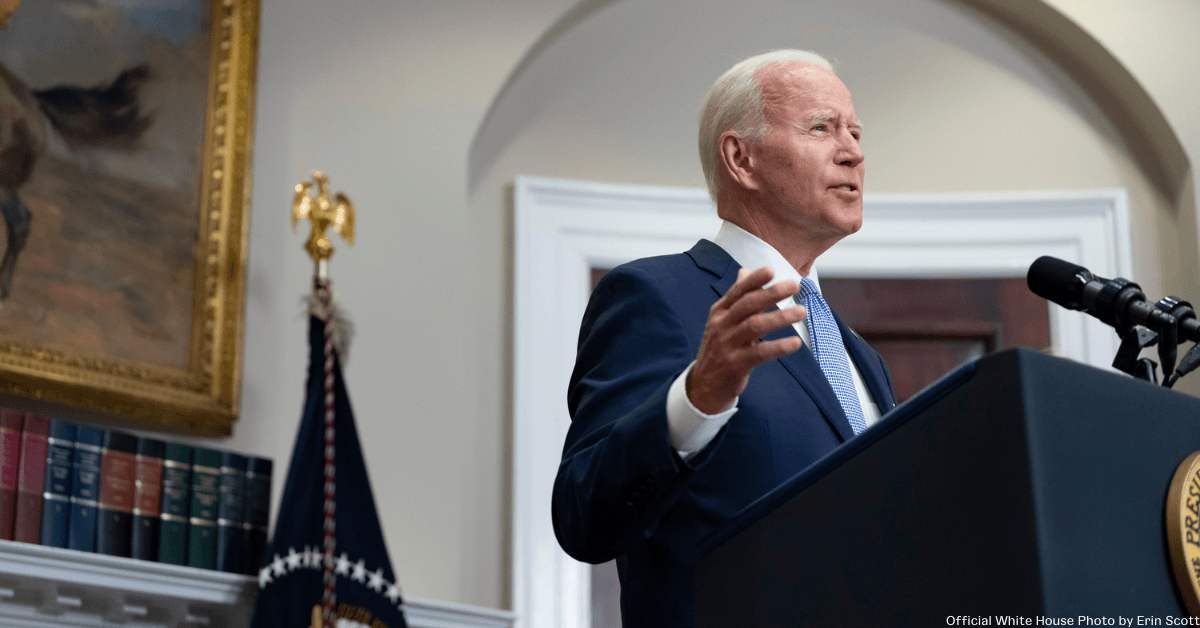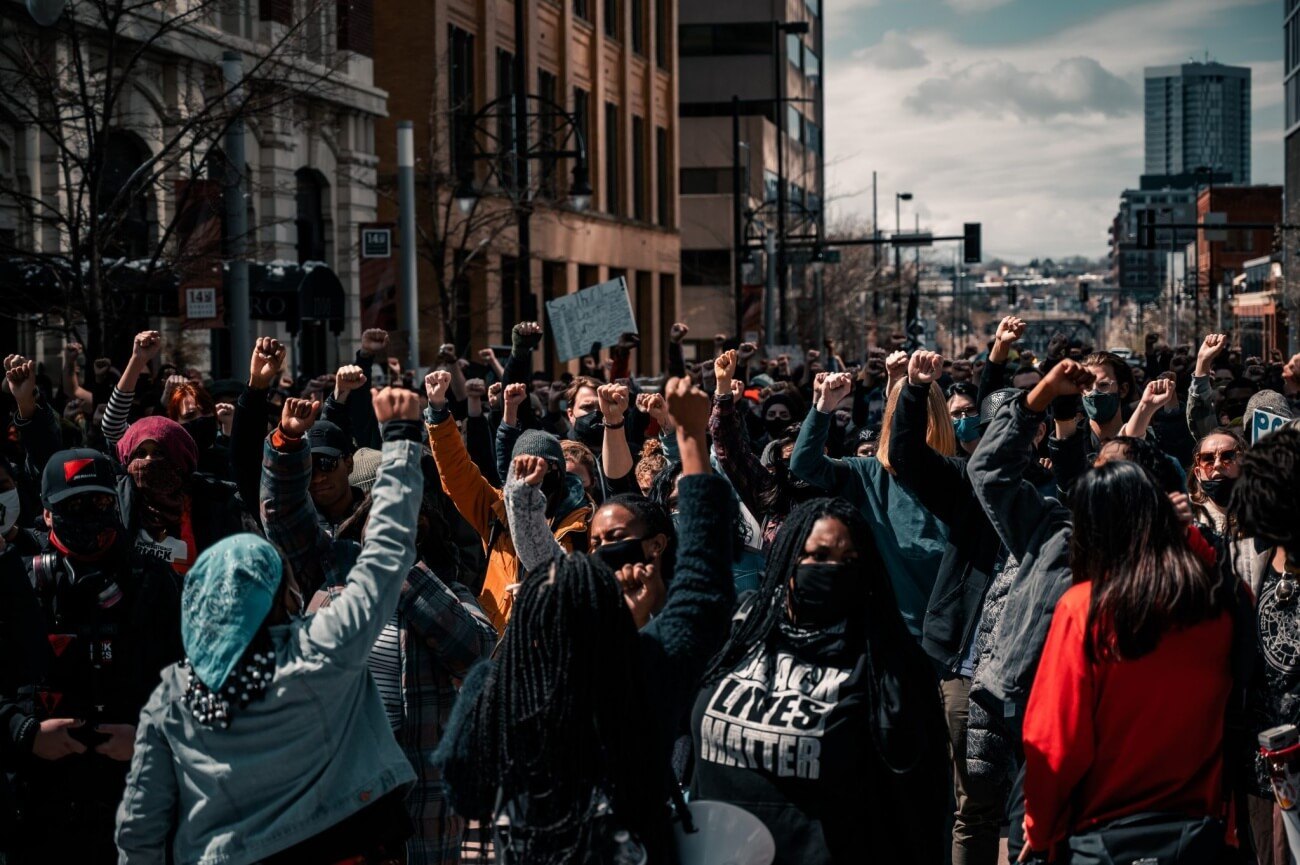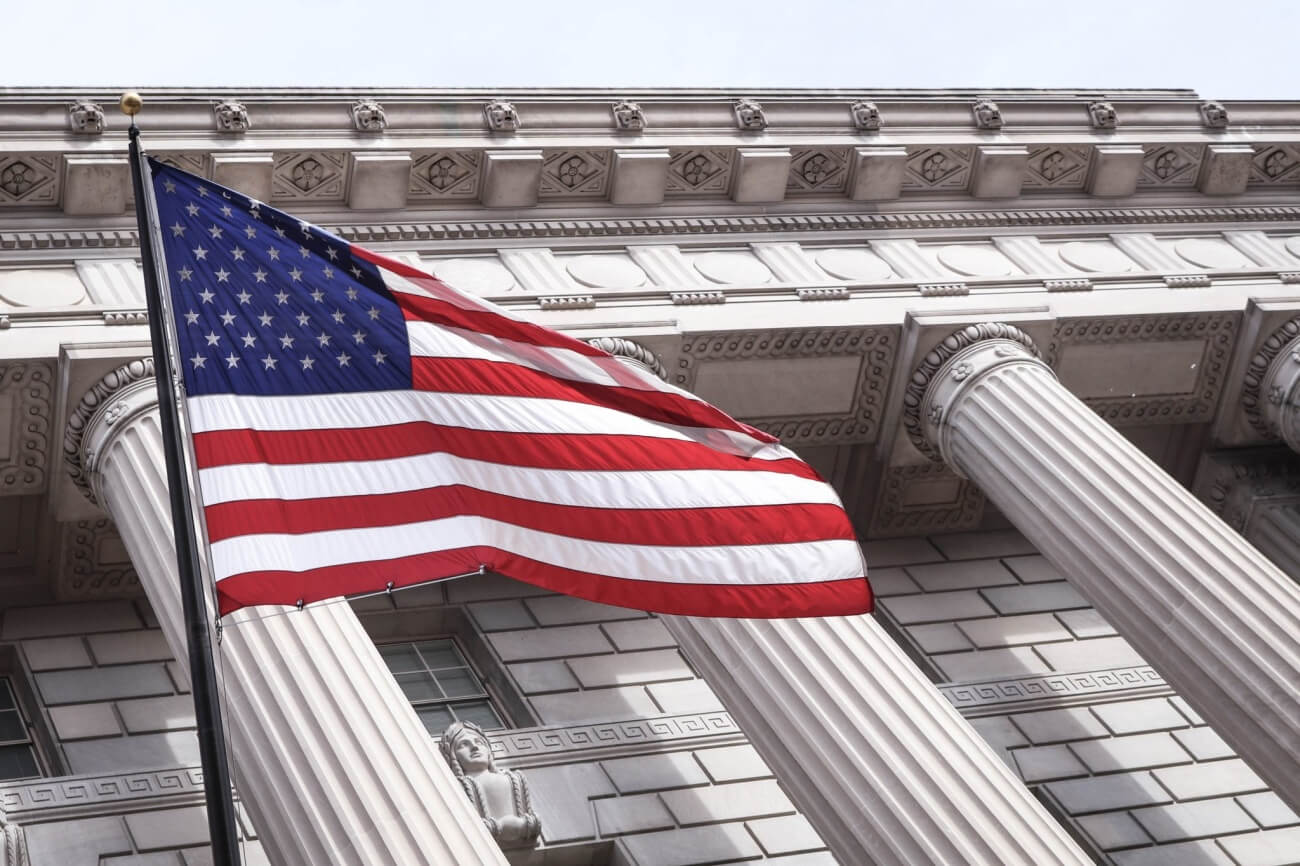KEY INSIGHTS
- Civil rights experts are calling for racial equity audits of government and financial institutions in the U.S.
- Several Wall Street banks have show BLM support but voted against transparency in the racial equity of their organizations.
- Media 2070, a racial equity in media non-profit, is encouraging more awareness of historic racism in media and discussions to solve it.
In the last year, public outcries of racism and police brutality have caused many private and public sector institutions to look into practices that may perpetuate the issues. Now, public leaders are calling on the Federal Communications Commission (FCC) and public media for equity audits on discriminatory policies and licenses.
A September letter from Congressional leaders to the FCC calls on the mass media regulatory agency to conduct an equity audit to identify and redress the harm the agency’s policies and programs have caused on Black people and minorities and the steps the agency will take to break down barriers in the media industry.
Website hosting platform Squarespace created a questionnaire that outlines what a racial equity audit, an independent analysis of a company’s business practices to locate and weed out any policies or behaviors that have a discriminatory effect, might look like; identifying individuals with a background in civil rights would be crucial for conducting the audit. Companies are encouraged to set a budget and scope for such an audit.
There has been mixed support in organizations that conduct racial equity audits.
McKensie Mack Group (MMG), a Black-led consultancy that centers around racial equity, released their Sacramento Area Council of Governments (SACOG) racial equity audit. The organization designed an audit process through a SACOG-wide survey that collected qualitative and quantitative research. Their report showed that there was a lack of representation in race, gender and Black leadership roles within SACOG. MMG recommends that SACOG create a culture of listening to restructure policies.
Goldman Sachs and JPMorgan shareholders have turned away from racial equity audits in a Forbes report. Despite this, CtW Investment Group, a company holding corporations accountable, calls for financial institutions to perform racial equity audits, according to Forbes. Morgan Stanley and CtW Investment Group are set to speak about a diversity review and meet with shareholders before their 2022 annual meeting.
JPMorgan CEO Jamie Dimon has backtracked in support of racial equity. Dimon sent letters to shareholders on critical planning and took a knee at the Chase branch in consolidation for the Black Lives Matter movement. However, in a proxy, JPMorgan voted no to a shareholder resolution that would have assisted in transparency of racial equity.
Aside from financial services, tech companies have also implemented procedures for equity audits. Facebook’s civil rights audit was created by civil rights professionals to address any racial disparities and released a two-year examination. The report looked through the entire business, including Facebook’s customer-facing activities and employment practices. The audit attempts to allow Facebook to listen, plan and carry out practices that will advance the civil rights of its users as well as areas in need of improvement.
Media advocacy organizations have also joined the conversation.
Media 2070, a racial equity in media non-profit, created a 100-page essay examining the history of Black discrimination in media. Their goal is to use the pain of the past for a reparative future. There is an emphasis on examining the impact of government policies and creating anti-Black racism blueprints to repair the media system.
Inspired by Media 2070’s example, Georgetown University of Law and the University of Houston Law are hosting the Call for Papers: Virtual Colloquium on Race, Racism & American Media in 2022, a discussion on racism in media that examines historic racism in the U.S.
The event will gather activists, journalists and other experts for a series of discussions on equity, legislation and other issues impacting the Black community. There will be panels looking over the racist history in media and the historic efforts by the FCC, Congress and other elected officials.
There is nothing stopping companies from reevaluating their pasts and making the necessary changes to promote racial equity, which may start with a racial equity audit.








